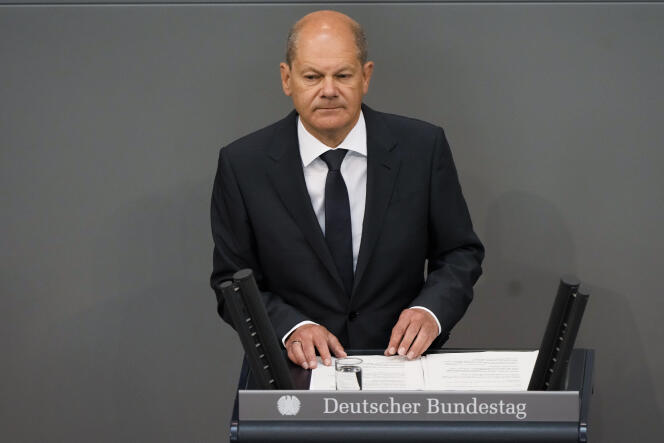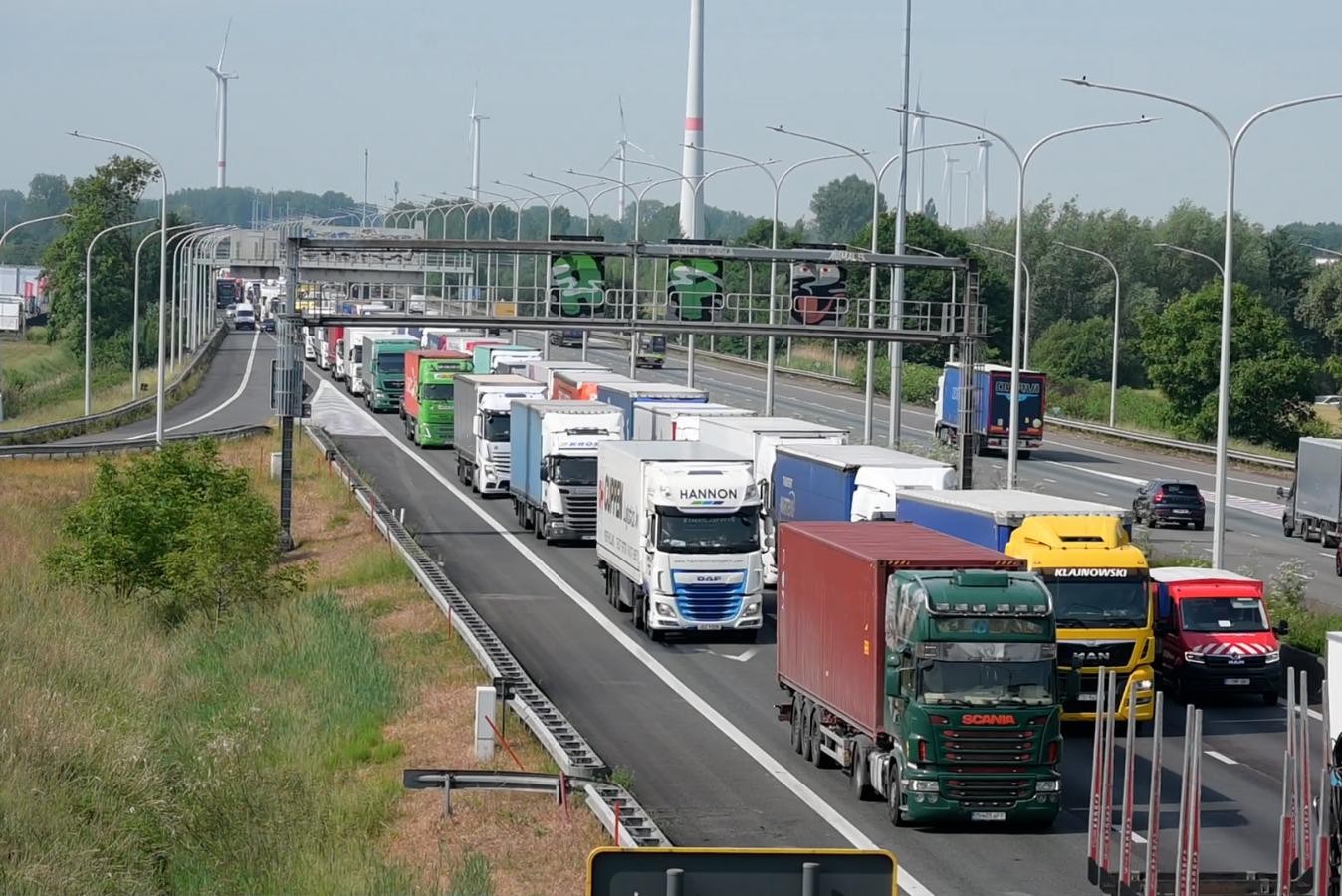
The war in Ukraine is redistributing the cards on the European terrain. Almost three months after the Russian invasion, Paris and Berlin are seeing it to their cost: the Franco-German tandem, essential during the crises that the continent has gone through over the past decade (euro zone, refugees, pandemic), is suffering of a serious authority handicap since the outbreak of the conflict. This is indeed changing the balance of power within the European Union, beyond the unity displayed, sometimes laboriously, by the Twenty-Seven vis-à-vis Moscow.
Franco-German leadership is all the more shaken as the two countries are supplanted by the very proactive commitment of the United States alongside kyiv, as well as by the return in force of NATO to ensure the protection of the Europe. To the great relief of the countries of Central and Eastern Europe (CEECs), as well as the Baltic States which have considered, since the end of the cold war, that Washington is the best guarantor of their security, and no longer hesitate to make their voice.
This was also one of the challenges of the speech given by Emmanuel Macron on May 9 in Strasbourg: to regain the initiative against the United States, while Paris and Berlin were initially slow to respond to the pleas for help from Volodymyr Zelensky. France had however been one of the first countries, according to Ukrainian sources, to offer defensive military equipment, but without trying to make it known. Germany also dithered before doing the same, at the cost of a mini-diplomatic crisis with kyiv and a severe loss of credit at the European level.
“We must punish Russia”
However, the French president’s speech troubled his European partners, particularly in the CEECs. Thus, his concern for “not to humiliate” Russia in the event – still very uncertain – of its defeat against Ukraine, shocked these countries. “France says that Russia should not be punished too harshly so as not to radicalize it like Germany after the First World War. But we, on the contrary, see the situation rather as that of the Second World War. [Comme pour l’Allemagne après celle-ci]we believe in punishing Russia, making it pay reparations and ensuring that there is regime change in Moscow”explains Margarita Seselgyte, director of the Lithuanian Institute of International Relations.
In Tallinn, the gaze cast on the Franco-German tandem is no different. “France and Germany seem to consider it necessary to reach an agreement with Putin, and as soon as possible. This sends the signal that they do not want to repel Russian aggression, but prefer a compromise to stabilize the situation. However, this solution would only be temporary, because Russia would then understand that it can gain things by means of a military attack.explains Kristi Raik, director of the Estonian Foreign Policy Institute.
You have 57.54% of this article left to read. The following is for subscribers only.
–


